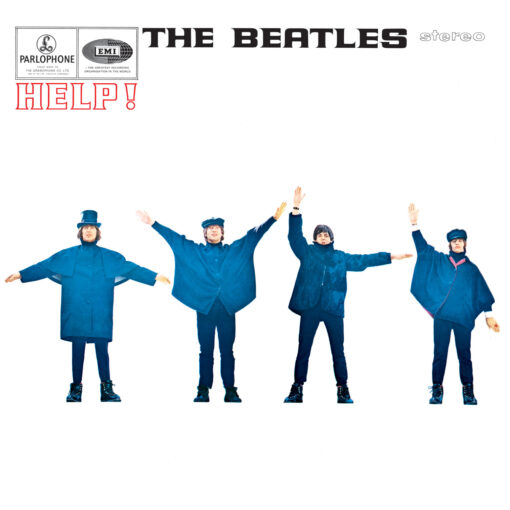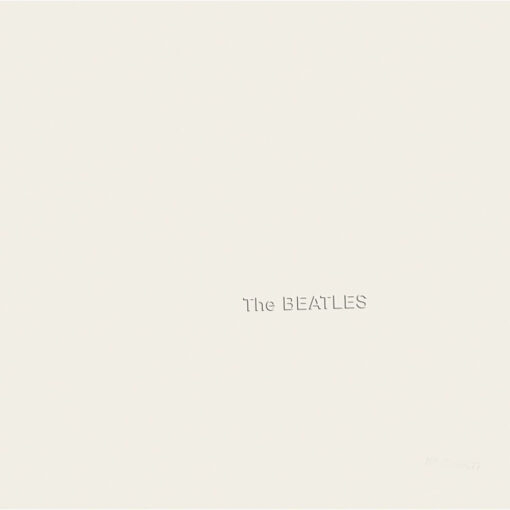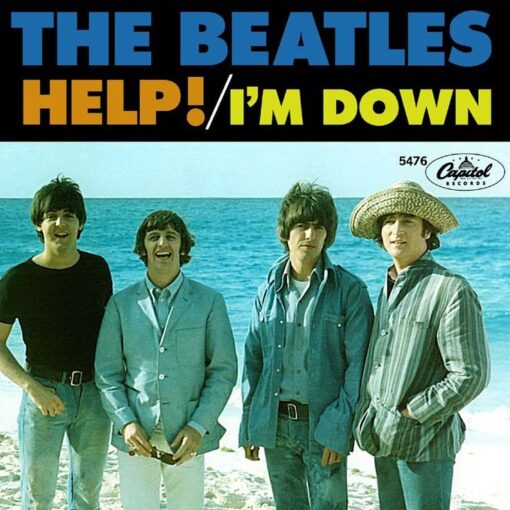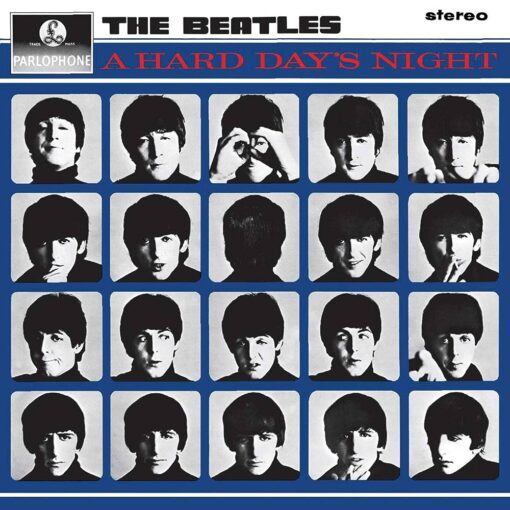- Published on 1965
- Author: Lennon/McCartney
- Track 2 on “Rubber Soul“
- Track 19 on “1962 ‐ 1966 (Red Album)“
JOHN 1972: “Me. But Paul helped me on the lyric.”
GEORGE 1980: “I had bought, earlier, a crummy sitar in London… and played the ‘Norwegian Wood’ bit.”
JOHN 1980: “‘Norwegian Wood’ is my song completely. It was about an affair I was having. I was very careful and paranoid because I didn’t want my wife, Cyn, to know that there really was something going on outside of the household. I’d always had some kind of affairs going on, so I was trying to be sophisticated in writing about an affair… but in such a smoke-screen way that you couldn’t tell. But I can’t remember any specific woman it had to do with.”
PAUL 1985: “It was me who decided in ‘Norwegian Wood’ that the house should burn down… not that it’s any big deal.”
About “Norwegian Wood (This Bird Has Flown)”
The song “Norwegian Wood (This Bird Has Flown)” was mainly written by John Lennon, with lyrical contributions from Paul McCartney, and is credited to the Lennon–McCartney songwriting partnership. A milestone in the Beatles’ development as songwriters, the song is influenced by the introspective lyrics of Bob Dylan. Lead guitarist George Harrison plays a sitar part on this track, marking the first time the Indian string instrument has appeared on a Western rock track. The song was a number one hit in Australia when released on a single with “Nowhere Man” in 1966.
The song was written by Lennon as a veiled account of an extramarital affair he had in London. The track’s sitar part was added by Harrison after he became fascinated by the instrument’s exotic sound while working on the Beatles’ film Help!, in early 1965. During the mid-1960s, “Norwegian Wood” influenced raga rock and psychedelic rock. Additionally, it helped bring Ravi Shankar and Indian classical music to mainstream popularity in the West. Other rock and pop artists, such as the Byrds, the Rolling Stones, and Donovan, began incorporating elements of the genre into their music. Norwegian Wood is also recognized as a key work in the early development of world music.
In 1970, Lennon claimed that “Norwegian Wood” was his original composition, while McCartney contributed the middle eight. He changed his claim in 1980, saying it was “my song completely”. However, McCartney has claimed the opening couplet was brought by Lennon to one of their joint songwriting sessions, and that they finished the song together, including the middle eight and title. McCartney’s statement about the level of his involvement was one of the controversial claims he made in his 1997 authorised biography, Many Years from Now.
Rolling Stone magazine ranked “Norwegian Wood” number 83 on its 2004 list of “The 500 Greatest Songs of All Time”.
Meaning of “Norwegian Wood (This Bird Has Flown)”
The lyrics of “Norwegian Wood” tell a story of an encounter between the narrator and a woman, likely a romantic interest, at her apartment, which is decorated with Norwegian wood. The song’s title and the recurring phrase “This bird has flown” imply that the woman has moved on from the relationship.
The phrase “Norwegian wood” is often thought to refer to the inexpensive pine paneling commonly used in mid-20th century British homes. However, it’s also suggested that it could have a deeper symbolic meaning, possibly alluding to the complexities and mysteries of relationships.
The song is notable for its blend of Western pop music with elements of Indian music, particularly the use of the sitar, played by George Harrison. This marked one of the first instances of a rock band incorporating Indian instruments into their music, and it was influential in popularizing Indian music in the West.
“Norwegian Wood” is often celebrated for its evocative lyrics and innovative musical arrangement, making it one of The Beatles’ most enduring and celebrated songs.
Personnel
John Lennon – double-tracked vocals, acoustic guitar
Paul McCartney – bass guitar, harmony vocals
George Harrison – 12-string acoustic guitar, double-tracked sitar
Ringo Starr – tambourine, bass drum, maracas, finger cymbals



